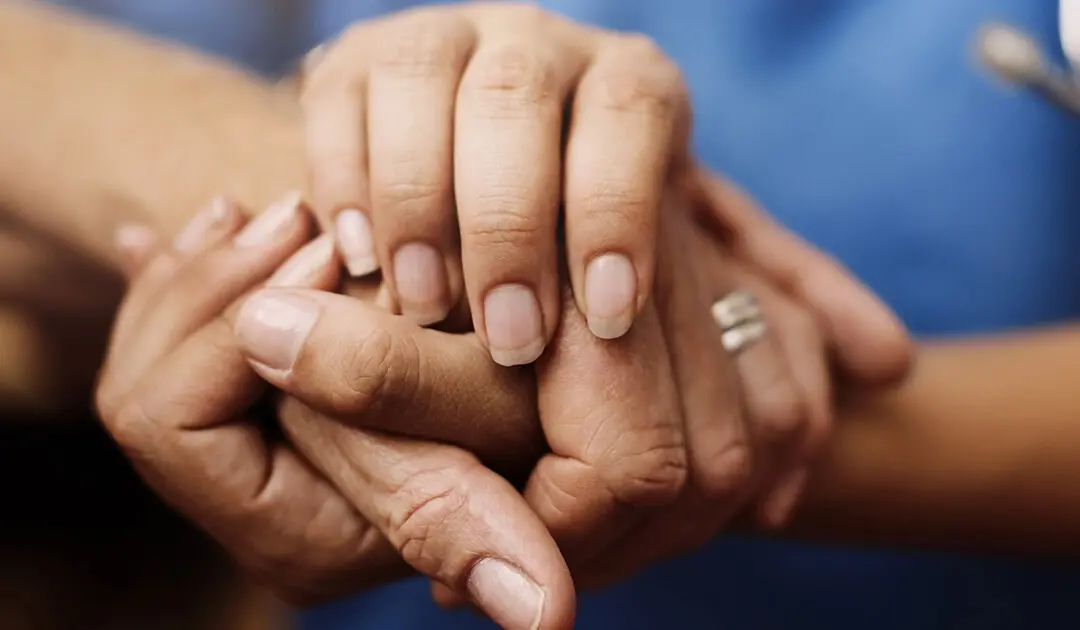
It matters. Allow me to explain.
In the wake of recent national events, I, like many others, became glued to the TV and to any news channel capable of satiating my thirst for truth and understanding. I woke up early and I stayed up late. I watched interview after interview, trying to make sense out of senseless acts. I tried to comprehend that which even today remains incomprehensible. And as I watched and listened, I saw and heard several principal speakers address the moment, and then speak about their crisis preparedness and their response readiness.
As I listened further, I heard many of the experts whose responsibility it is to have the manpower and tools to address these type of situations, speak about their departmental personnel and their special units trained and skilled in the art of de-escalation. Many of these individuals have honed their skills by investing in hours of rigorous training and practice.
To do this, good crisis prevention and intervention training is paramount. There are many programs to choose from, so I understand how difficult this task is.
Many agencies, institutions, programs, centers, homes, and hospitals are faced every day with problems like these, as we once were here at the Arizona State Hospital. In addressing these issues, we wanted a crisis response training program that would help us address an individual’s inappropriate behavior before they got going. We wanted to get in front of any potential issues before crisis can occur. And we wanted buy-in and support not only from our administration, but also from the individuals for whom we provide treatment and care.
Because it matters.
Our choice was Nonviolent Crisis Intervention® training. Since then, many if not all of our staff have been trained in the program, including all new employees, direct care staff, support staff, and our psychiatry, psychology, and medical staff. We teach the complete program, from the verbal de-escalation techniques to the disengagement skills so staff can avoid injury to themselves and individuals whose risk behavior escalates to a physical level. We supplement employee training with practice, drills, and refreshers.
We focus on prevention at every opportunity, and then on intervention.
Because it matters.
We provide options, time, and limit-setting for individuals who are experiencing personal crisis. We do this to give our clients choice and to encourage them to make good and/or better decisions when in crisis.
We are also exploring, and in some cases, changing our environment to address concerns such as noise, crowding, personal space, congestion, poor or too-bright lighting, natural light, and fresh air, and at the same time finding ways to promote increased socialization and interaction.
We find that building rapport is one of the most critical components in creating and maintaining a safe environment. And we recognize that we must all continue to develop better communication skills so as to deepen trust and a better understanding of our patients and their concerns.
Because it matters.
As a result, we're better able to establish and maintain a safe environment where patients can feel secure and thrive, and staff can work free from the threat of assault or injury. And as we collectively and cooperatively foster an increased sense of respect, caring, and community, we are continuing to move the needle in the direction of not only diminishing but eradicating the practice of seclusion and restraint.
I hope we all come together & value life as precious, a gift to treasure no matter our differences.
With all this in mind, thinking about all our efforts to make our programming recovery-based and more person-centered, and our results, I was amazed to hear about the efforts within police departments.
I was amazed to hear the number of police departments that have crisis response teams, trained in mental health issues, that work in conjunction with their colleagues and other authorities to de-escalate aggression and other potentially volatile, escalating individuals and situations.
I was also surprised to learn that they are not at the fore in some of these situations most recently in the news.
Having been trained in quality crisis prevention and intervention training, I have and teach skills for assessing situations and using proportional responses.
We deal with very risky situations at times. But because our leadership is committed to the philosophy and practice of our training and our recovery-oriented practice, we're able to give our patients the tools to calm, and to help them help themselves.
I've seen the gamut over more than 30 years. I think it stands to reason that like our hospital, all law enforcement departments and other public and community legal-interactive agencies that presently don’t have this kind of training as a requisite skill, should have it.
Because it matters.
Author Bio: With over 30 years of experience at the Arizona State Hospital in Phoenix, D.C. Foster is a Behavioral Health Intervention Specialist and Master Level CPI Instructor. D.C. works with individuals identified as Serious Mental Illness (SMI), Forensic, and Sexually Violent Persons (SVP). Since 2012, he has been using CPI training to create a more person-centered, trauma-informed, recovery-oriented therapeutic environment for patients. D.C. is also a leading member in the CPI Instructor Community, where he exchanges training strategies and professional development techniques with his fellow Instructors.
Schedule a Consultation
Learn how CPI’s training programs can benefit your organization.
Let's Connect